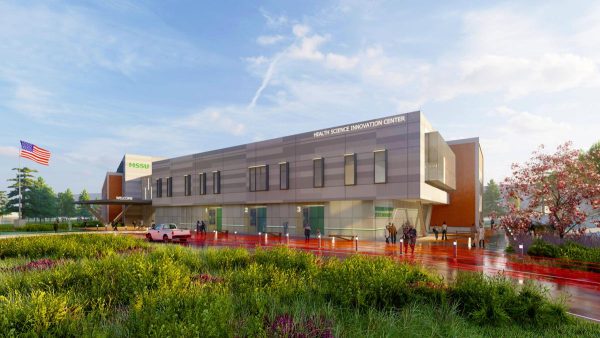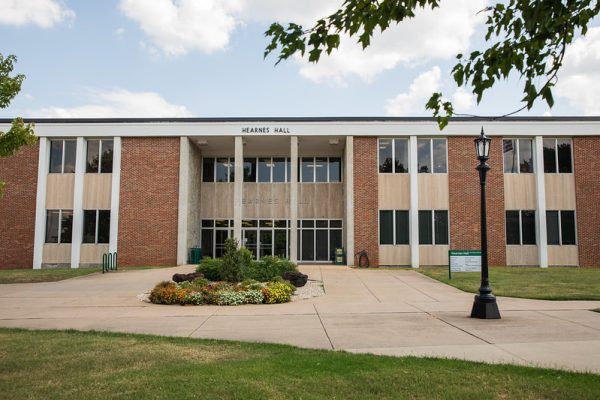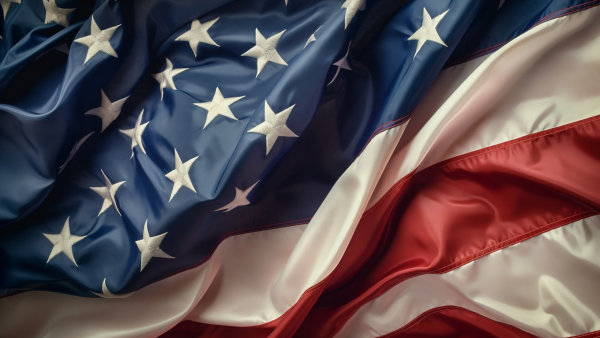Joplin faith leaders react to Pittsburgh shooting
On the morning of Saturday, Oct. 27, a group of faith leaders gathered to discuss “Religion and Health Issues” at the Joplin Interfaith Coalition (JIC) panel in the Islamic Society of Joplin.
Members of the Muslim, Jewish, Christian and Buddhist religions were represented, engaged in stimulating conversation and building relationships with each other.
While ideas and beliefs were peacefully exchanged inside the mosque in Joplin, 900 miles away lives were being taken at the Tree of Life synagogue in Pittsburgh, Pennsylvania.
As word came about the shooting, many communities of faith came together to show love and support to the local synagogue.
One tangible example of this came in the form of an email expressing disgust and grief from members of the Joplin mosque.
“We grieve the loss of innocent lives,” said Navid Zaidi, treasurer of the Joplin mosque. “It is a place of worship and it is supposed to be a place of refuge.
“We definitely stand in solidarity with our Jewish brothers and sisters and speak out against anti-Semitism.”
Soon after news of the shooting broke, President Donald Trump told reporters “if there was an armed guard inside the temple, they would have been able to stop him.”
Members of the Joplin faith community disagree with the president’s statement.
“More guns is not the answer,” said Zaidi. “It promotes gun violence culture in this country.
“It is the means that they use to kill people.”
Rev. J. Friedel, priest at St. Peter the Apostle Catholic Church, and director of Catholic campus ministry at Missouri Southern, is hopeful congregants take other measures, than guns, to incapacitate an attacker including “throwing hymnals.”
“Even to put a guard at the church door is a false sense of security,” said Friedel. “I don’t think houses of worship are supposed to be armed and ready for violence.
“It’s antithetical to the reason we are there. It is supposed to be a banquet of love.”
Parishioners within many houses of worship are vigilant in keeping an eye out for people with suspicious or violent intentions, especially when it comes to protecting the ministry’s children’s area.
Other ministries often utilize ushers and greeters as the regular protocol.
“We do not restrict that general access [during worship services],” said Marsha West Eichler, senior pastor of First United Methodist Church in Joplin. “There are parts of the building that are restricted but we are open during that time.”
The mass shooting in Pittsburgh comes in the midst of political divide a week before the midterm elections.
Within the same week in October, two African Americans were shot at a supermarket in Kentucky, pipe bombs were delivered across the country targeting prominent politicians and news organizations, and 11 people praying in their house of worship were violently gunned down.
In short, many say these are difficult times.
“Talking is not enough,” said Zaidi. “I think it would be a good time to make a change and take action.
“We can only do that by sticking together and spreading love and peace.”
Zaidi said he hopes things may change after next week’s general election.
“I hope through [the] midterms we can choose representatives who can take action against gun violence, bigotry, hate, anti-Semitism, and Islamophobia,” Zaidi said.
As leaders of faith communities, voting could be a tricky issue.
As a kid, Friedel saw politicians give up what they wanted to pursue the common good. He said voting one way means working against certain values.
“Every time I vote for a candidate, I feel like I’m doing something dirty,” said Friedel. “I have to make a judgment as to how to do the most good and least amount of harm every vote that I cast.”
One way that faith leaders in Joplin are working together is at the interfaith gatherings.
During those gatherings, people from different religious backgrounds come together peacefully. Eichler attended the most recent meeting
“I’m very encouraged by that interfaith group that meets in Joplin where you’re hearing from a very diverse group of individuals and listening to one another,” said Eichler. “We must sow the seeds of love in our communities.”
Your donation will support the student journalists of Missouri Southern State University. Your contribution will allow us to purchase equipment and cover our annual website hosting costs.





























